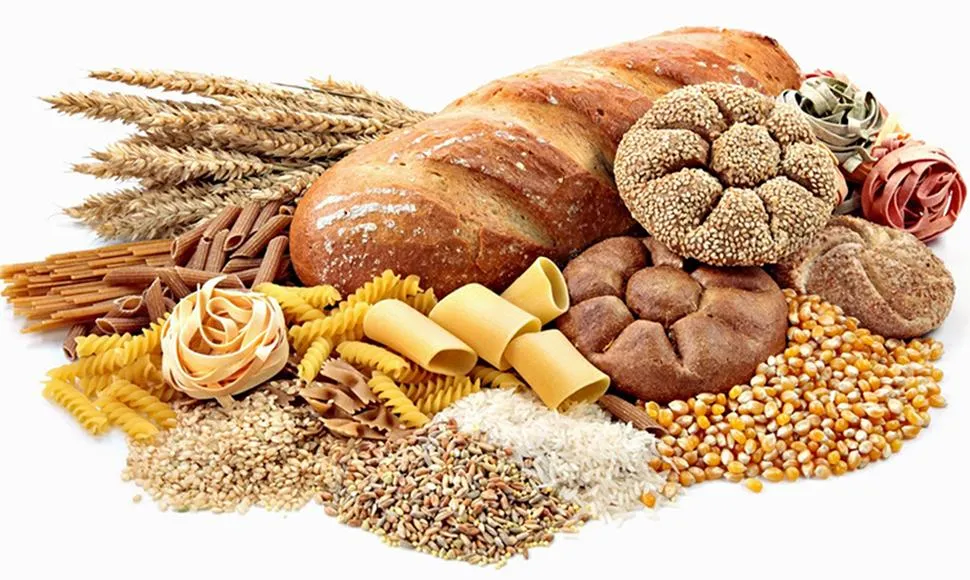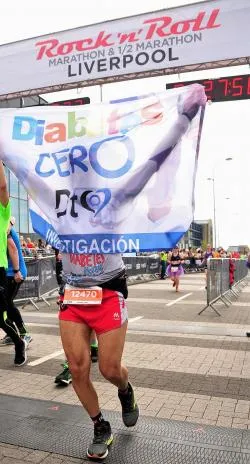davlinares said:
hello, because the theme of hydrates brings me crazy ... there are people who tell me that as they are sugars of slow absorption you can eat them without problems, others that not, which islousy...
The nurse says that in the labels of things I did not look at the hydrates alone "of which they are sugar ..." and with so many versions I am not sure and this is a great community because I ask here ...
For example, I take in the super whatever puts 65 carbohydrates of which they are sugar ... 5 for example (every 100 grams) can I eat it why is little sugar?Or can I why are many hydrates?
Then there is the issue that paste rice and veal are the dishes that I like the most ... that in the case of pasta and rice we are in the same ... a lot of hydrate and not so much sugar .... in which I must look more?
If you have a lot of hydrates and little sugar can I eat it?
Let's see if you can clarify me ...
Thank you!

Diabetics to metabolize any carbohydrate are simple or complex we need insulin therefore you cannot consume them freely
Simple absorption sugars: in general, fruits, juices and apart the sugars added of commercial products.
Slow absorption sugars: rice, pasta, cereals, bread and derivatives, legumes, potatoes, peas, .. etc etc, ... it usually is our first dish.
Rapid absorption sugars as the word says they pass by the blood and produce glucose and descent peaks because they last in the blood for a short time.
Slow absorption sugars take longer to go to blood and produce sustained maintenance of blood sugar, that is, to sugar or go up so much and last longer over time, they are suitable.
Whenever you take from each other you require insulin and with what you know now you can act.
eg of a label:
amounts per 100g of product
Carbohydrates: 65g of which 5G sugars. It means that the product has 60g of slow abdration and 5g of rapid absorption




